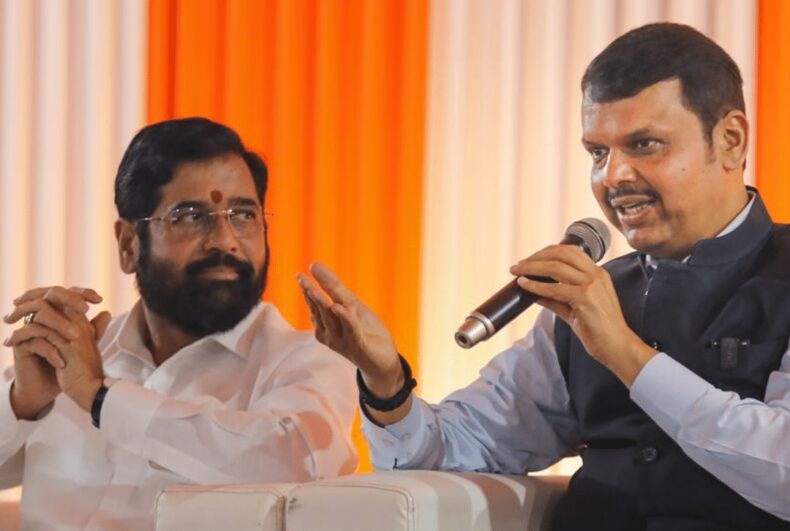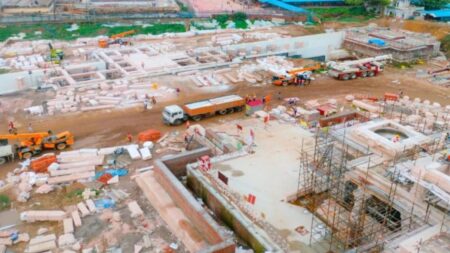Maharashtra Legislative Assembly passes the Lokayukta bill in the absence of the opposition.
On Wednesday the Maharashtra Legislative Assembly passed the Lokayukta Bill, 2022 through a voice vote, which brings the Chief Minister and council of ministers under the ambit of the anti-corruption ombudsman.
After passing the bill, the Deputy Chief Minister of Maharashtra Devendra Fadnavis said it was a revolutionary act and Maharashtra would be the first state to bring and pass the Lokayukta Bill across India.
The Cabinet Minister Deepak Kesarkar proposed the Lokayukta Bill. According to the bill, the Lokayukta must get the assembly’s consent before opening any inquiries to the chief minister and presenting a proposal to the house for consideration.
The bill was passed in the absence of the opposition, who had previously staged a walkout in protest of the state government protecting the minister in the alleged Teacher Entrance Test (TET) fraud.
According to Bill’s terms, such a proposal would need the support of at least two-thirds of the whole members of the Maharashtra Legislative Assembly.
The bill also states that the present or former chief minister of Maharashtra can be investigated by the Lokayukta if a proposal for such an investigation is approved by the Legislative Assembly with a two-thirds majority.
However, if the situation involves state public order or internal security, the Lokayukta would not look into any charges of corruption against the Chief Minister.
The Bill further, states “that the bill can investigate complaints against, the Chief Minister, ministers, ministers of state, members of the Maharashtra State Legislature, all India Services officers, State Government employees (excluding Group D), members of local authorities, officers and employees of the Board, Corporation, Authority or Society, wholly or partly financed by the State Government or controlled by the Government”.
As per the provision, the Lokayukta must have a Chairperson who is either a current or former Chief Justice of the High Court, in addition to this, there will be a Judge from the Supreme Court or High Court. A maximum of four people may serve on the Lokayukta, with two coming from the judiciary.
The Chief Minister, the Deputy Chief Minister, the Speakers of the Legislative Assembly, the Speaker of the Legislative Council, and the Leader of the Opposition in the Legislative Assembly and the Council shall make up the selection committee for the appointment of the Lokayukta Chairperson and Members, along with a judge chosen by the Chief Justice or Chief Justice of the Bombay High Court.
The bill introduced in the assembly states that no appointment of Lokayukta chairman or member will be invalid in the absence of anyone in the selection committee.
The Lokayukta bench will be as powerful as a civil court and will be able to direct the Government to file a charge sheet before a special court in corruption matters. Additionally, it has the authority to oversee state agencies working on corruption matters and undertake an initial investigation into any corruption case before a government agency.
The Lokayukta will also have supervisory authority and the ability to instruct governmental entities to conduct investigations. It can also propose a departmental investigation, produce a special report, and deliver it to the government for consideration.
It also has the power to take penal action against someone who insults or disrupts the chairman or a member of the Lokayukta and can get a maximum sentence of six months in prison or a fine. The Lokayukta may impose a fine of up to Rs. 2 lakhs in cases of baseless and vexatious complaints, but only after hearing the person.
















